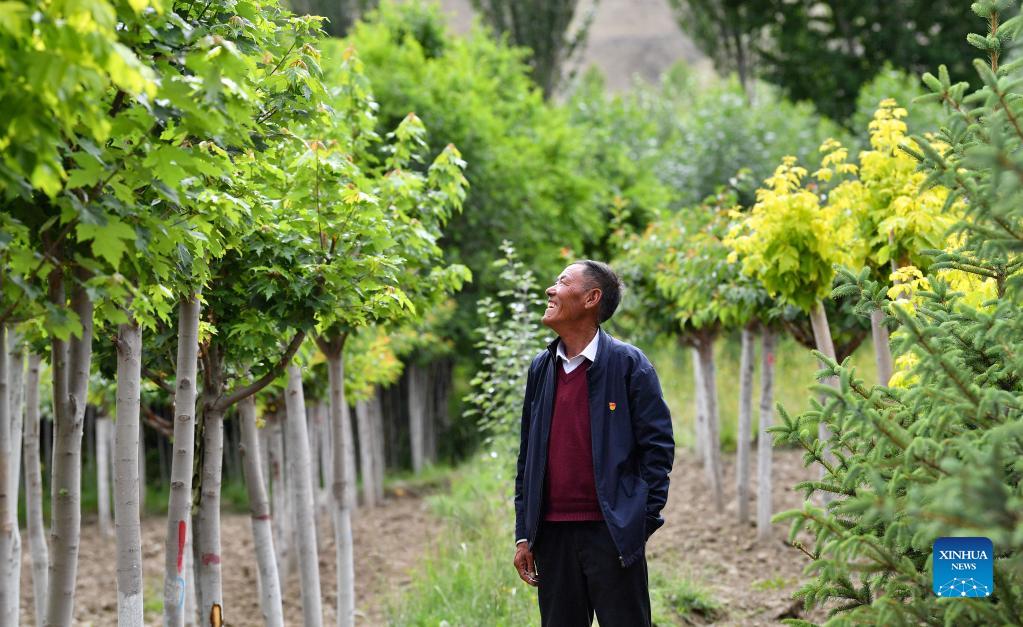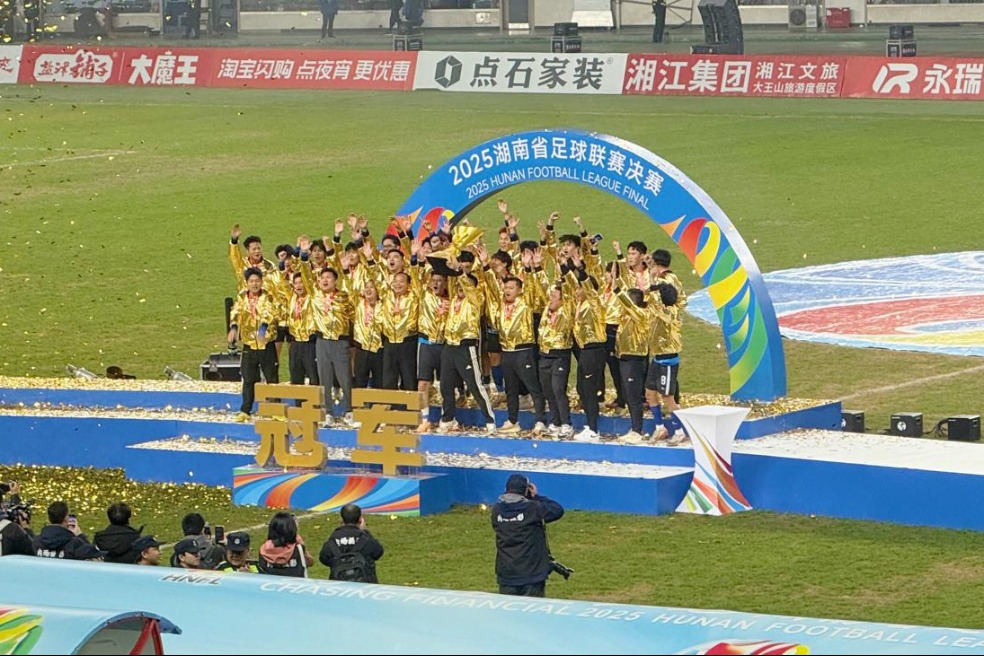Xi and Tibet -- footprints and blueprint for a green future


FRESH FOOTPRINTS ON PLATEAU
Xi, also general secretary of the Communist Party of China (CPC) Central Committee and chairman of the Central Military Commission (CMC), has set foot in the plateau region three times since the late 1990s, at an average altitude of around 4,000 meters.
His latest visit was made this July, less than a month before Tibet held a series of activities celebrating the 70th anniversary of its peaceful liberation, a historic event that led the region onto a road of unity, progress and development.
The first leg of Xi's inspection tour was Jigme's hometown Nyingchi, where he visited the Nyang River Bridge to learn about the ecological preservation of the Yarlung Zangbo River and its tributary Nyang, as well as the construction of nature reserves. There, Xi underscored the importance of protecting and restoring the ecology of the major river basins.
He also visited the city planning hall of Nyingchi, where he called for scientifically delineating the boundaries of urban development and drawing red lines for protecting ecosystems. His itinerary also included a village with a booming peach-blossom tourism sector, a city park in Nyingchi, and several places in the regional capital Lhasa.
It was the first time in the history of the Party and the country that a leader visited Tibet on the anniversary of its peaceful liberation in the capacities of general secretary of the CPC Central Committee, Chinese president and chairman of the CMC.
"It is a clear expression of the CPC Central Committee's support for Tibet work and solicitude for cadres and people of all ethnic groups in the region," Xi stressed.
Jigme said he was excited when learning of Xi's visit to his hometown, adding "I can feel that Tibet is very close to the general secretary's heart."
In 1998, Xi, then a deputy secretary of the CPC Fujian Provincial Committee, visited Tibet with the task of overseeing the province's pairing-up assistance to the plateau region.
Ten years ago, Xi headed a central delegation to Tibet to celebrate the 60th anniversary of its peaceful liberation. The then Chinese vice president called Tibet "an important ecological security barrier, a major base of strategic resources reserve and a major production area of special highland farm produce."
- Historical Han Dynasty slips go on display in Hohhot
- Shanghai unveils steps to build sci-tech innovation corridor in Yangtze River Delta
- Xiangchao concludes with Yongzhou claiming championship
- Answers
- CPC leadership meeting urges steadfast implementation of eight-point decision on improving conduct
- Ethiopian coffee trading center unveiled in Zhuzhou





































